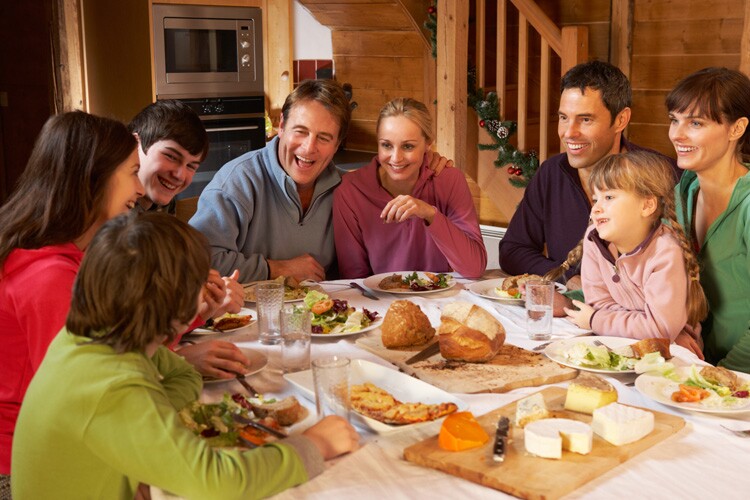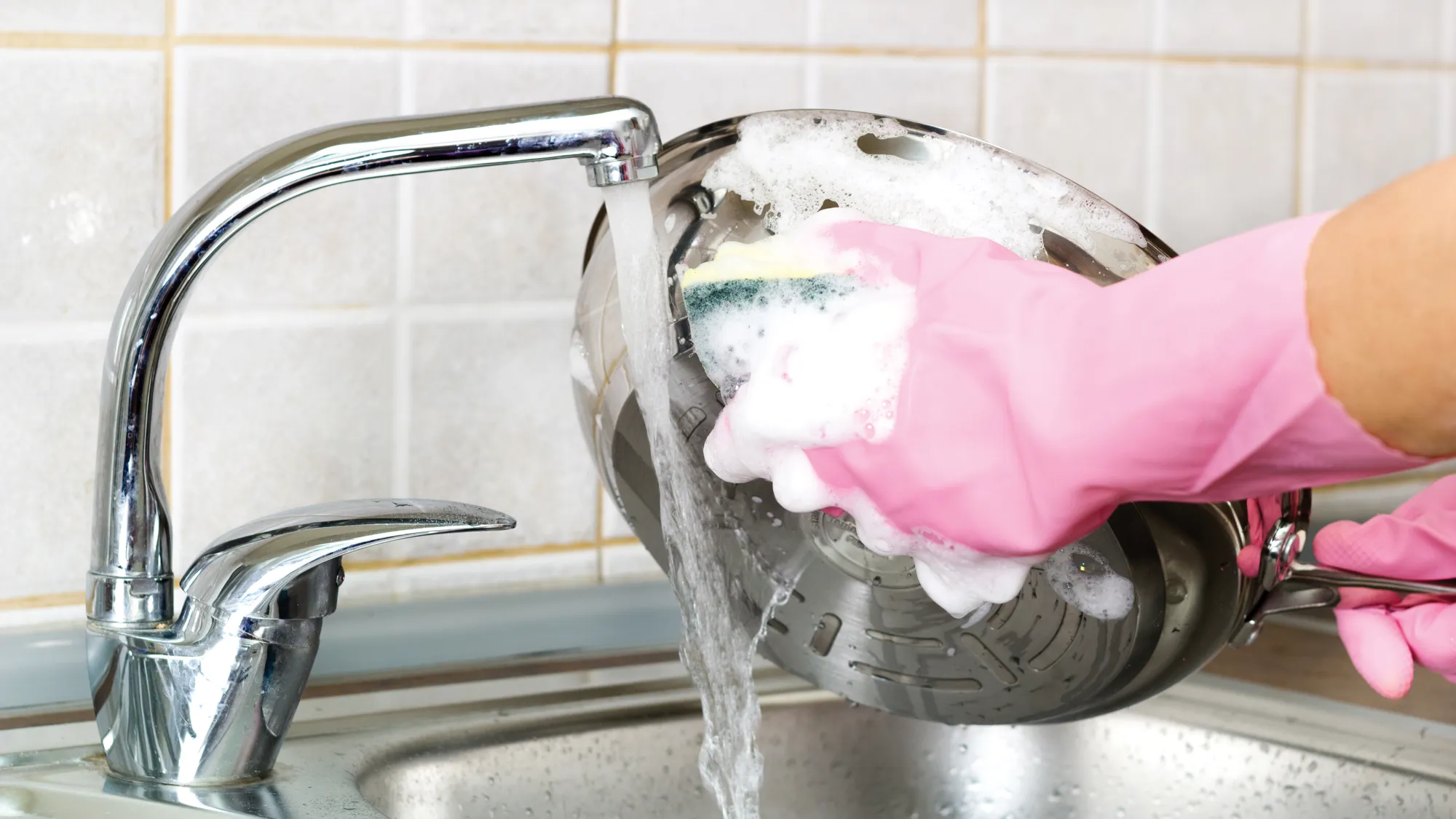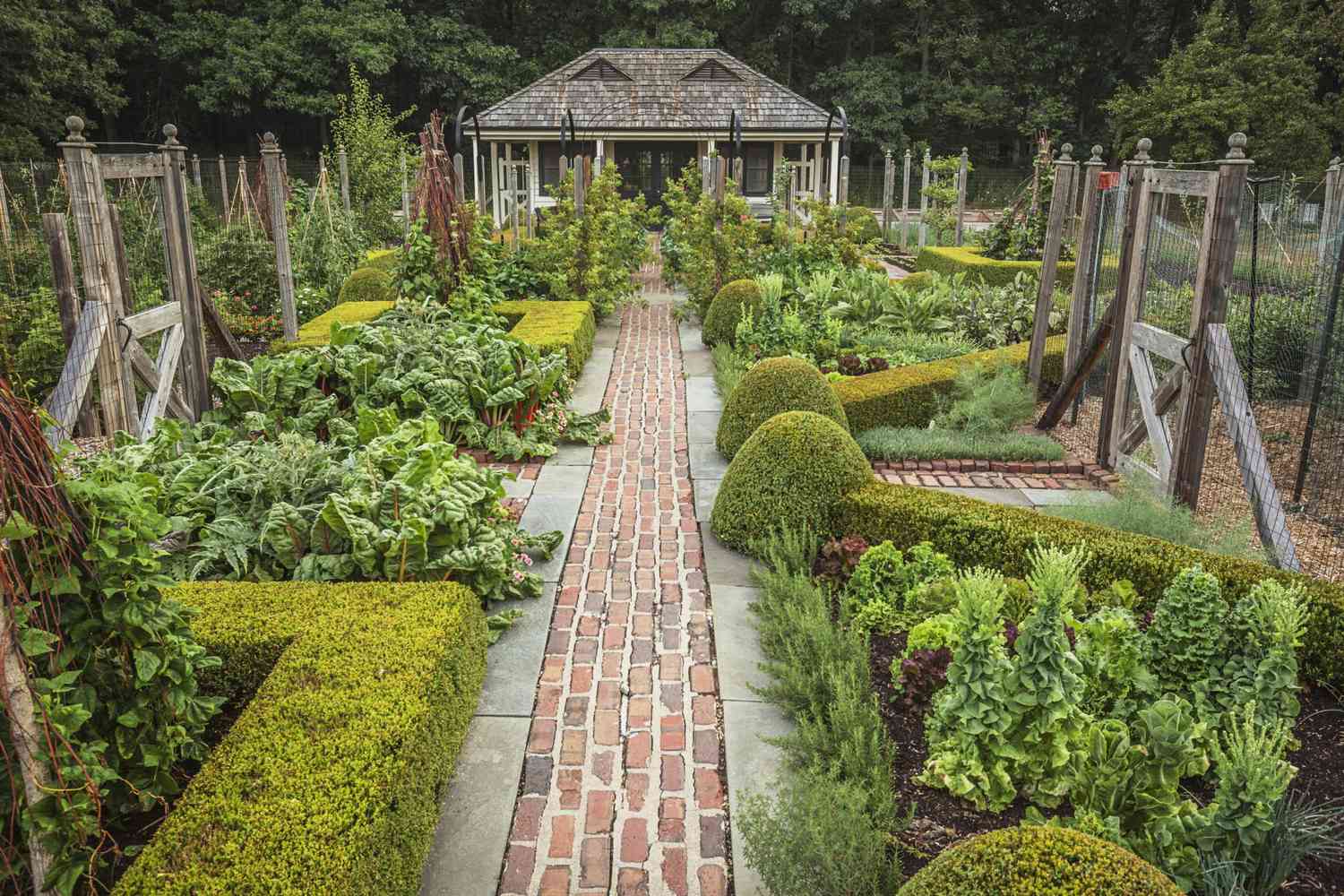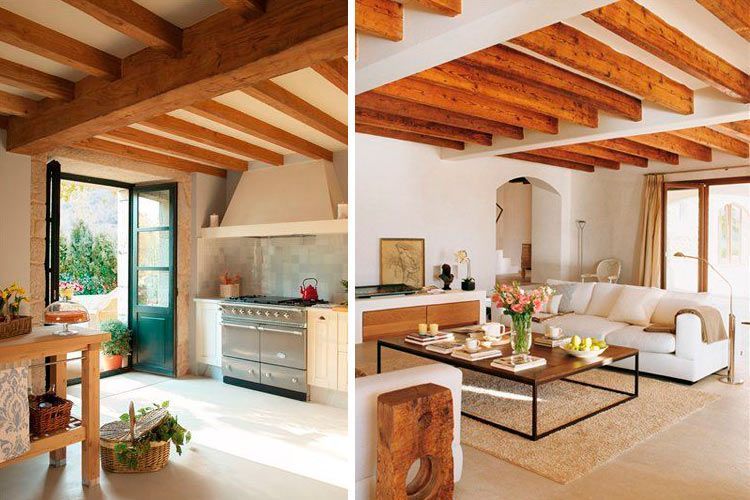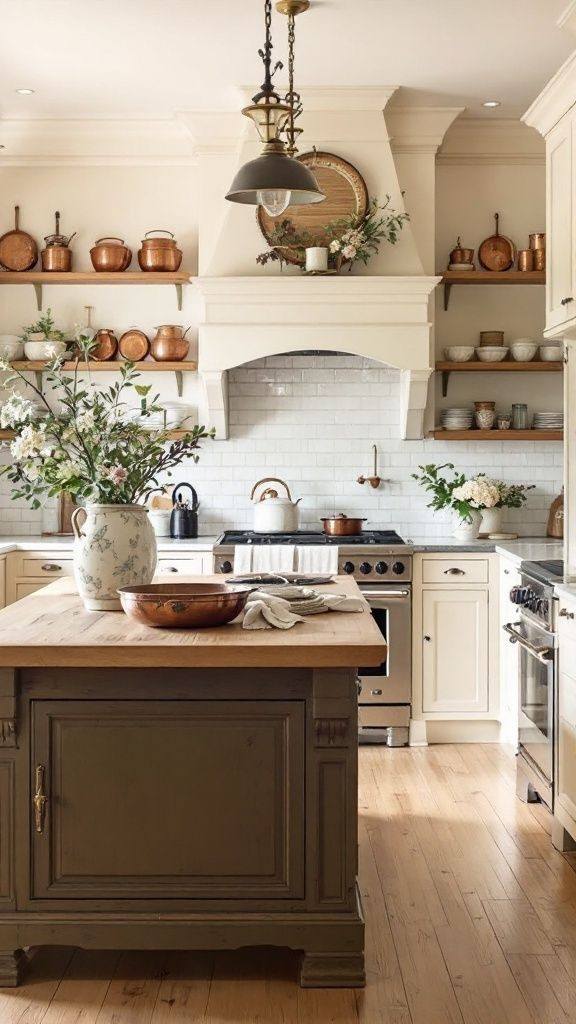The French have a very structured meal schedule, with specific times for breakfast, lunch, and dinner. Meals are an important part of French culture, and they are often seen as a time for family and friends to gather and enjoy each other’s company.
Adults’ Meal Schedule Breakfast (Le Petit-déjeuner) [7:30-9:00 AM] Coffee, tea, or hot chocolate Bread or croissant with butter and jam (“tartines”) Perhaps yogurt or fruit Lunch (Le Déjeuner) [12:30-2:00 PM] Three-course meal: Starter: Salad, soup, or pâté Main: Meat/fish with vegetables and starch Cheese course or dessert Perhaps a glass of wine L’Apéritif [After work, 6:00-7:30 PM] Optional Small savory bites, olives, nuts Wine, kir, pastis, or champagne Social time before dinner Dinner (Le Dîner) [8:00-9:00 PM] Lighter than lunch but still structured: Starter: Light soup or salad Main course: Often simpler than lunch Cheese course Light dessert or fruit Wine is common Sample Adults’ Menu Breakfast [7:30-9:00 AM] Coffee or tea Baguette with butter and jam Occasionally a croissant (especially weekends) Lunch [12:30-2:00 PM] Starter: Leek vinaigrette or charcuterie Main: Roast chicken with ratatouille and rice Cheese: Small selection with bread Dessert: Fresh fruit or flan L’Apéritif [6:00-7:30 PM] Olives, nuts, small toasts with tapenade Glass of wine or kir Perhaps small savory pastries Dinner [8:00-9:00 PM] Starter: Simple green salad or cold soup in summer Main: Quiche, salmon, or lighter meat dish with vegetables Cheese: One or two varieties with bread Dessert: Fruit salad or small mousse Cultural Notes for Adults The French consider mealtime as an integral part of family life Meals are eaten at the table, not on the go or in front of screens TV programs are scheduled to begin after dinner at 8:45 PM as it’s considered bad etiquette to watch TV while eating Meal times are for conversation and connection Adults rarely snack between formal mealtimes (and the optional apéritif) Water is the standard beverage with meals, with wine as a common option Lunch was traditionally the main meal of the day, though this is changing in urban areas In business settings, lunch can still last up to two hours Meals are served in courses rather than all at once The cheese course always comes before dessert, never after Dining out typically happens later than in other countries, with restaurants often not opening for dinner until 7:30 PM
